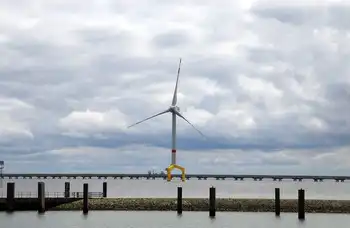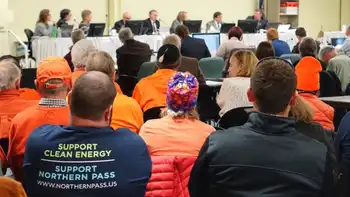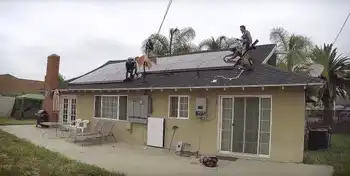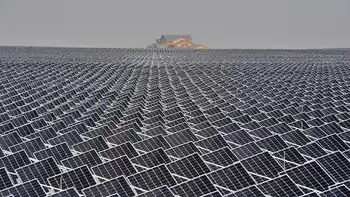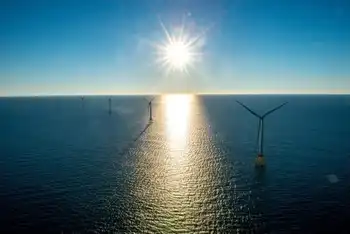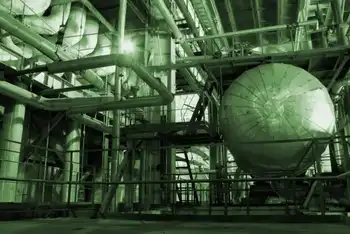People willing to pay for clean power, Ontario Energy Minister says
By Canadian Press
Substation Relay Protection Training
Our customized live online or in‑person group training can be delivered to your staff at your location.

- Live Online
- 12 hours Instructor-led
- Group Training Available
Air pollution has become such a problem in Ontario that people are now prepared to make sacrifices in order to do something about it, Duncan said prior to the government's weekly cabinet meeting.
"I think people want to get rid of dirty air," said Duncan, who was quick to add that he's not predicting such increases.
"We haven't said that the price will go up, but my own view is Ontarians are concerned about air quality and realize that we have to clean it up."
The Ontario government has already promised to shut down all five of the province's coal-fired generating plants, a move Duncan acknowledged can't help but lead to higher rates.
"Coal is the cheapest form of fuel to produce electricity; as you move away from it, the cost of producing electricity goes up," he said.
"With any luck, if we bring on a lot of new supply, which we hope to, you could actually see prices go down."
It would be the Ontario Energy Board that sets and regulates prices, not the government, Duncan added.
Rates are already scheduled to go up to 4.7 cents per kilowatt-hour in April, an increase of nine per cent over the 4.3-cent cap imposed in 2002 by the former Conservative government.
Above that threshold, which about 55 per cent of Ontario households cross, the price will be 5.5 cents per kilowatt-hour, a jump of close to 30 per cent.
Meanwhile, the Ontario Energy Board released a report recently calling for a "consumption charge" on electricity bills to discourage waste and help pay for a "conservation agency" that would promote power conservation efforts across the province.
The agency would solicit, develop and implement programs to reduce power demand across the province, as well as monitor consumption levels, perform independent audits and deliver public progress reports.
"Conservation efforts and programs would be funded by a charge on electricity consumption, in line with the approach that those who use the most electricity should contribute the most towards conserving it," the report says.
The report was commissioned last June by former Conservative energy minister John Baird.
Angie Robson, a spokeswoman for Duncan, said the new government has its own "conservation action team" working on the same issues.
But she wouldn't rule out the possibility of charging ratepayers based on their consumption levels.
"Everything is on the table right now," Robson said.
"We haven't ruled anything in or out, but anything like that would have to be approved by caucus and cabinet and the premier."





